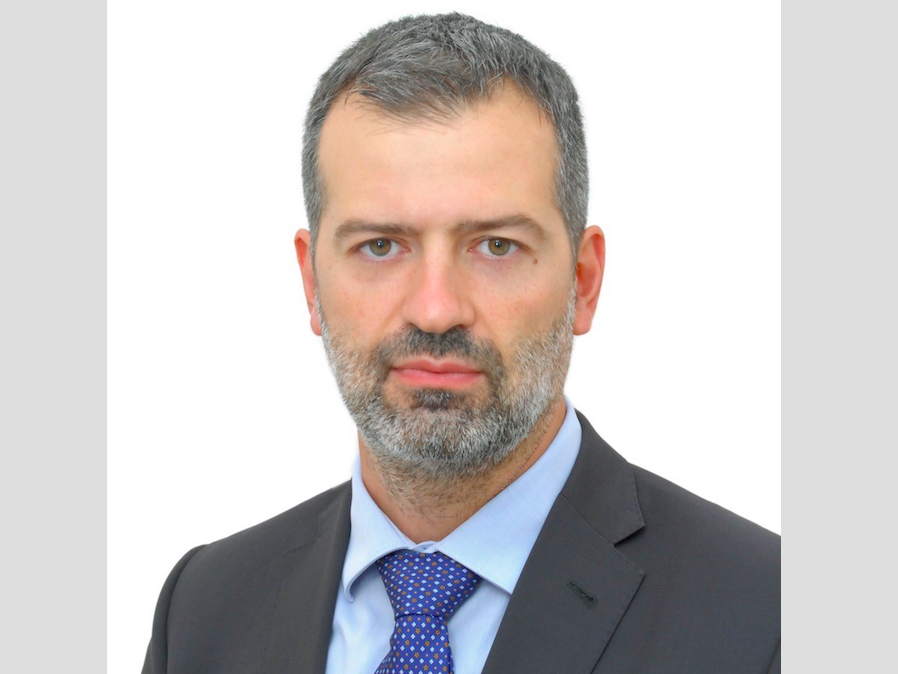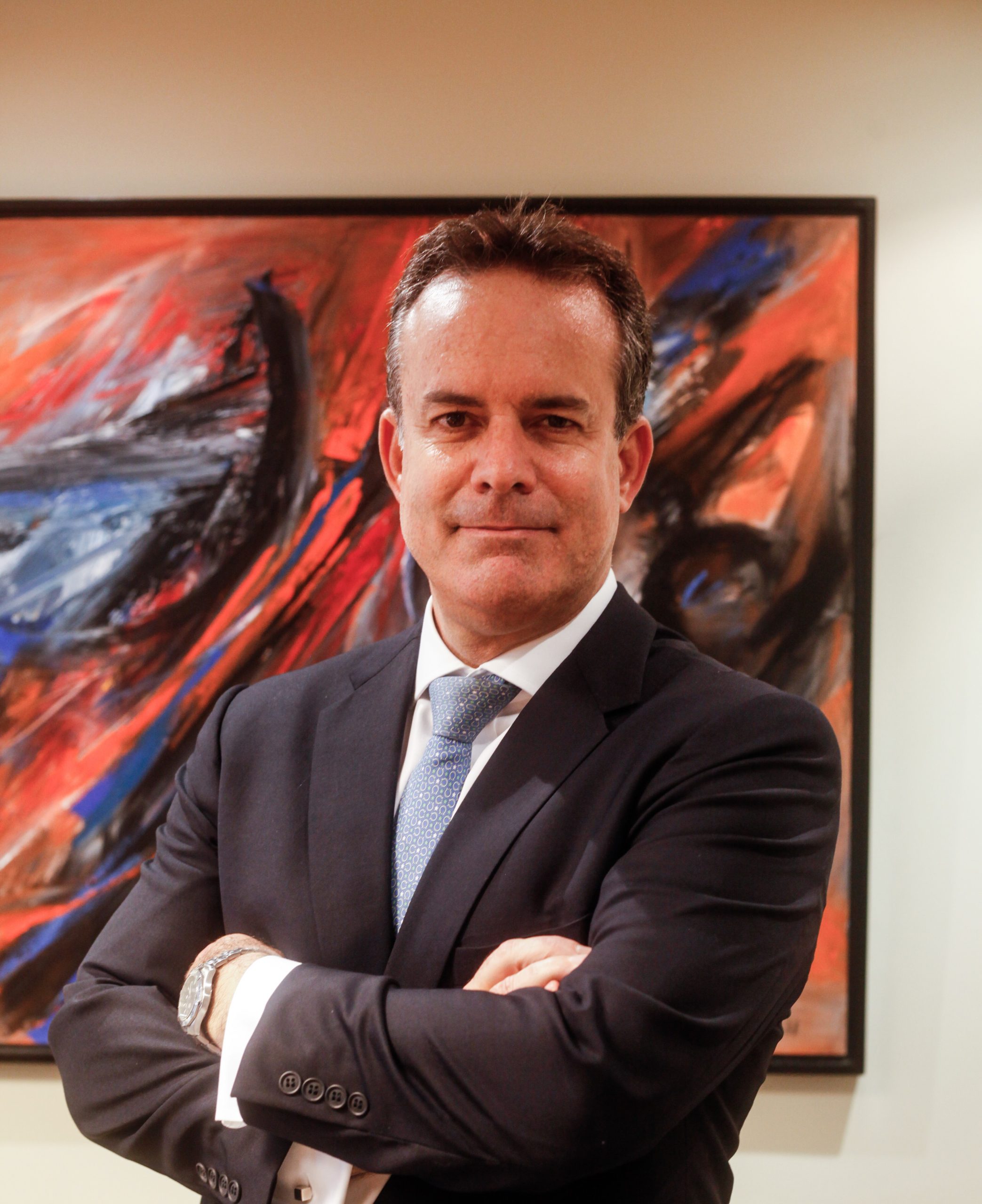The State of Inflation-Linked Bonds in a Post-COVID-19 Environment
| By Meritxell Sedo | 0 Comentarios

As global markets attempt to recover their poise in the relentless shadow of COVID-19, one hot topic has perhaps challenged economists more than any other: What will be the pandemic’s effect on inflation? We believe the inflation rate will be between zero and 1%, and this is already priced in the market. But the picture for 2021 is only now starting to clear, presenting a new landscape of opportunities for investors in the inflation-linked bond market.
Many experts predicted the global coronavirus lockdown would be disinflationary – and they were right. The fall in activity did have a clear effect on prices for a variety of reasons. At AXA IM, we now forecast 2020 inflation to average 0.4% in the Eurozone, 1.0% in the US and 0.7% (1) in the UK – rising to 0.7%, 1.4% and 1.5% respectively for 2021. The impact, however, has not been a one-way street – we are already starting to see signs of higher pricing in some sectors which could suggest market expectations are too low.
One factor that has served to depress core inflation has been the inclusion of more online pricing into the data, an understandable measure given the impact of the lockdown on consumer behavior. However, we believe several other factors are having the opposite effect. Food prices, for example, have tended to climb during this period, as have telecoms prices after a long period of decline.
Hidden effects
In some areas we are still assessing the longer-term trend, although there does appear to be some evidence that education and health prices could continue to rise, alongside some localized trends in leisure and tourism services where consumers are no longer travelling to cheaper destinations. Inflation surveys could have a difficult job adapting to new realities in consumption patterns.
More fundamentally, there is evidence that the post-lockdown response from consumers has pushed some economies towards a more aggressive rebound than had been feared, accompanied by a parallel rise in prices. Figure 1 below shows that recent inflation numbers in the US have been the most solid seen in years, and that the rebound has been broad-based. In addition, as we move into 2021, inflation numbers worldwide will reflect a negative base effect from oil prices, which slumped as the pandemic spread.

From a more macro perspective, we see a medium-term risk that the COVID-19 outbreak could exacerbate tensions in the current model of globalization. Pre-pandemic – alongside US President Donald Trump’s ‘America First’ approach to trade – there had already been a shift towards a more protectionist tone in global markets. Now the virus has forced countries and businesses to re-assess the flow of goods, services and people across borders.
Hedging into view
These observations mean we believe there is a general risk to the upside for inflation as we move into 2021. And it is a risk that we believe has not been adequately reflected in market expectations.
One way to gauge how markets expect inflation trends to evolve is to look at inflation swaps. The chart below (Figure 2) shows that realized inflation since June is consistent with the top-end outlooks for inflation. The inflation swap market, however, is still pricing in the lower end, particularly in Europe but also to some extent in the US. Our expectation is for a potential aggressive rebound of inflation at the beginning of 2021, and we believe investors should consider preparing for that eventuality.

Naturally, these factors to the upside are encouraging more investors to explore ways they can hedge inflation risk and is having a tangible impact on the inflation bonds market, already underpinned by active monetary policy and supportive fiscal policy. Consumer behavior, the rise of protectionism and the possibility of regulatory price effects (for example through green policies) will be central to the potential uptick in prices – but central banks will also do what they can to push inflation higher from this point.
Column written by Jonathan Baltora, Head of Sovereign, Inflation and FX – Core at AXA IM.
To learn more about this topic, please contact Rafael Tovar, Director of Wholesale/US Offshore Distribution, AXA IM at Rafael.Tovar@axa-im.com.
Notes:
[1] AXA IM estimates as of September 2020
Disclaimer:
For Institutional/Qualified Investors and Wholesale/Professional Clients only, as defined by applicable laws and regulation. Not to be relied upon by retail clients. This communication is provided for informational purposes only.
Nothing contained herein is an offer to enter into any contract, investment advice, a recommendation, a solicitation, or an offer to sell or to invest in any particular fund, product, or investment vehicle. The information contained herein may not be complete or current and is subject to change at any time. AXA Investment Managers is under no obligation to update such information. Certain information herein has been obtained from third party sources and, although believed to be reliable, has not been independently verified and its accuracy or completeness cannot be guaranteed. No guarantee, warranty or representation, express or implied, is given as to the accuracy or completeness of this material. Reliance upon information in this material is at the sole discretion of the recipient.
Investing involves risk and past performance does not guarantee future results. Fixed income securities are subject to interest rate risk, credit risk, prepayment risk and market risk. High yield and investment grade securities are subject to a greater risk of capital loss, credit risk, and default risk and liquidity risk. Investors in offshore vehicles advised or sub-advised, in whole or in part, by the Adviser employing the investment strategy described herein may be subject to currency exchange risk. There is no guarantee that the objectives of the investment strategy described herein will be achieved.
AXA Investment Managers is not a tax or legal advisor. Prospective investors should consult their tax and/or legal advisors before making tax-related and/or legal-related investment decisions.
This material is not directed at, nor is it available for distribution to U.S. investors or any persons in any jurisdictions in which the AXA Investment Managers, Inc. or its affiliates are prohibited by law from making this information available. No representation is made that any of the services, securities or investment funds referred to herein are suitable for any particular investor.
The information has been established on the basis of data, projections, forecasts, anticipations and hypothesis which are subjective. This analysis and conclusions are the expression of an opinion, based on available data at a specific date. Due to the subjective aspect of these analyses, the effective evolution of the economic variables and values of the financial markets could be significantly different for the projections, forecast, anticipations and hypothesis which are communicated in this material.
This communication is issued in the US by AXA Investment Managers, Inc., which is registered in the US with the Securities and Exchange Commission. The information contained herein may not be reproduced or transmitted, in whole or in part, by any means, to third parties without the prior consent of the AXA Investment Managers, Inc. © 2020 AXA Investment Managers, Inc. All rights reserved.













